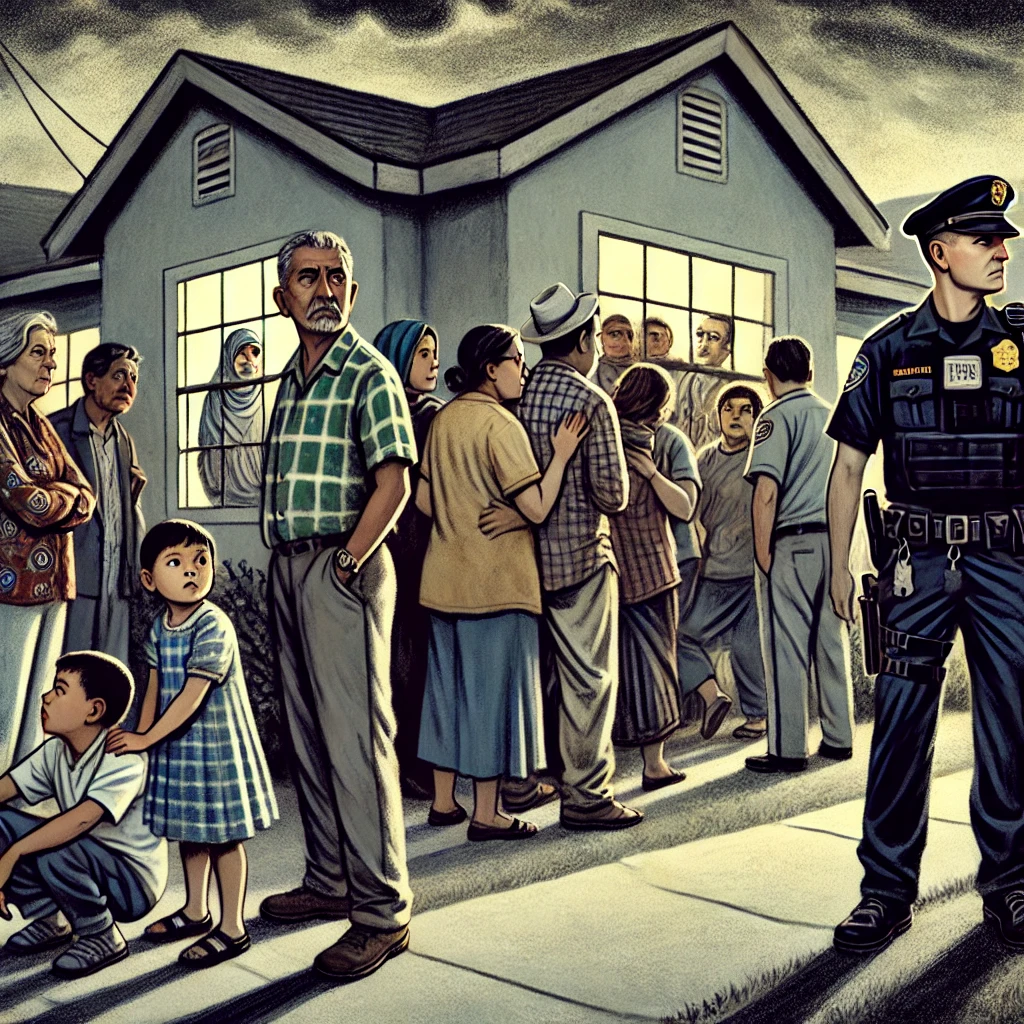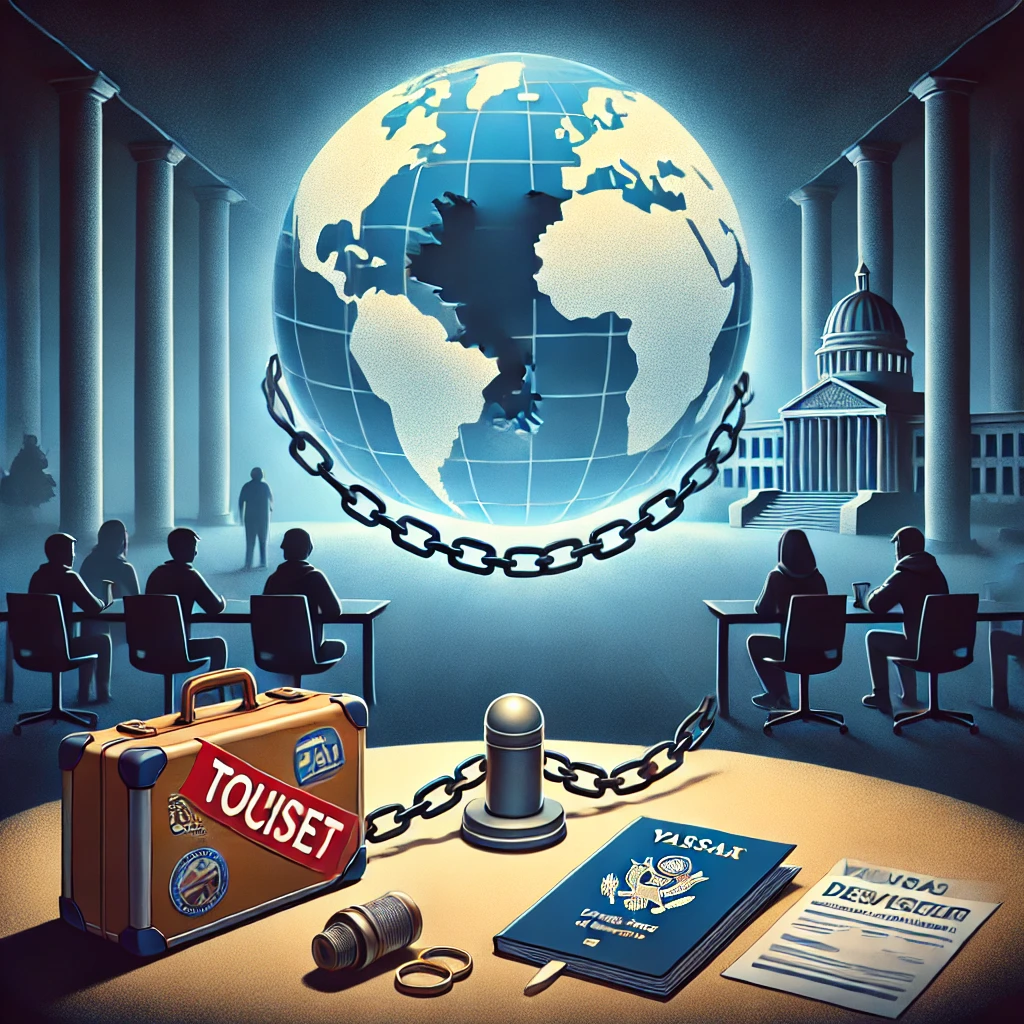As plans circulate about a sweeping crackdown on undocumented immigrants, economists, military veterans, and community leaders are warning that the repercussions could be severe. Removing millions of individuals who contribute to businesses, communities, and key industries is not just a humanitarian concern—it’s an economic one. Here are ten reasons why a mass deportation scenario would seriously undermine the U.S. economy.

- Labor Force Disruption:
A sudden, large-scale removal of millions of workers would create critical labor shortages, especially in sectors that depend on manual and service labor. Construction, agriculture, hospitality, and childcare are just a few examples of industries that would be hard-pressed to find immediate replacements, leading to delays, reduced productivity, and lost revenue.

- Increased Consumer Prices:
With diminished workforces and disrupted supply chains, the cost of goods and services would likely spike. Shortages in food production, restaurant staffing, and manufacturing could push inflation upward, forcing consumers to pay more for everyday essentials.

- Reduced Consumer Spending:
When families are torn apart or breadwinners removed, households have less disposable income. The ripple effects of reduced spending would hurt local businesses, decrease tax revenues, and dampen consumer confidence across the board.

- Massive Government Expenditure:
Coordinating a large-scale removal of millions of people is not cheap. Deploying troops, hiring more enforcement personnel, logistical arrangements for detention and transport—all of these initiatives cost billions. Those funds might otherwise have supported infrastructure, health care, or educational improvements.

- Slower Economic Growth:
Removing millions from the workforce would shrink the tax base and reduce overall output. Experts estimate that this kind of shock to the labor pool would pull down the nation’s GDP, potentially mirroring the economic damage wrought by major financial crises of the past.

- Strained Military Resources:
Diverting military personnel to enforce civilian immigration policies could undermine both readiness and morale. Troops trained for defense missions, not domestic policing, might struggle with enforcement duties. Over time, weakened military preparedness and public trust in national security institutions could further erode economic stability.

- Depressed Real Estate and Housing Markets:
Fewer workers mean fewer tenants, homebuyers, and stable households. As the population declines abruptly, many properties would sit empty. The diminished demand can trigger a downturn in housing values and construction, rippling out to affect lenders, investors, and entire neighborhoods.

- Heightened Mistrust of Institutions:
Communities witnessing large-scale deportations may lose trust in law enforcement and government agencies. Undocumented individuals and their families, fearful of interacting with authorities, may refuse to cooperate with local police or prosecutors. This environment could hinder effective law enforcement, increase insecurity, and weaken civic engagement—factors that indirectly influence economic health.

- Reduced Innovation and Entrepreneurship:
Immigrant communities have historically fostered entrepreneurial growth, starting small businesses at high rates and contributing to regional innovation ecosystems. Removing millions of these potential business owners, job creators, and innovators would stifle local economies, choke off investment, and slow the engine of new ideas.

- Damage to America’s Global Image:
Large-scale deportations risk branding the U.S. as hostile to talent, investment, and cultural exchange. This perception could discourage foreign investors, reduce tourism, and deter international students—impacting future research, development, and the knowledge economy.
While proponents of mass deportation may believe it is a forceful approach to immigration challenges, the anticipated benefits are overshadowed by severe economic repercussions. Labor shortages, inflated consumer costs, weakened public trust, and long-term damage to growth and innovation all suggest that mass deportation would do far more harm than good to the U.S. economy.





